The healthcare sector is undergoing rapid digital transformation, with financial processes playing a crucial role in improving efficiency. Among these, eInvoicing stands out as a critical innovation, offering healthcare providers a way to automate and streamline billing workflows for both patients and vendors. With healthcare systems constantly handling sensitive and complex transactions, a robust eInvoicing infrastructure is no longer optional—it’s essential.
This blog explores how eInvoicing transforms healthcare financial operations, diving into advanced use cases, integration strategies, and insights to drive meaningful results.
Beyond Basics: Why eInvoicing is a Game-Changer for Healthcare
Healthcare organizations face unique billing challenges that other industries don’t encounter. These include multi-tiered payment systems (patients, insurers, and governments), stringent compliance requirements, and a high volume of invoices generated daily. Traditional invoicing systems often fall short in addressing these complexities, leading to delays, disputes, and operational inefficiencies.
eInvoicing simplifies this complexity by offering a structured, digital-first approach:
- Automated Validation: In healthcare, a single error in patient or vendor invoicing can have far-reaching consequences. eInvoicing automatically validates data against predefined rules, minimizing manual errors.
- Interoperability Across Systems: The healthcare supply chain involves multiple parties—clinics, pharmacies, hospitals, insurers, and suppliers. Standardized eInvoicing protocols like Peppol BIS ensure seamless data exchange between disparate systems.
- Faster Turnaround Times: eInvoicing expedites both claims reimbursements from insurers and payments to vendors, enhancing cash flow.
For healthcare organizations, eInvoicing is not just about replacing paper invoices; it’s about redefining how financial operations integrate into the broader ecosystem.
Real-World Use Cases of eInvoicing in Healthcare
1. Streamlining Insurance Claims
Insurance claims often involve multiple steps: submission, validation, approval, and payment. Manual processes slow down this cycle, creating bottlenecks. With eInvoicing:
- Claims data can be pre-populated from patient records, reducing redundant data entry.
- Errors in billing codes or patient details are flagged automatically before submission.
- Insurers can process invoices in a standardized format, reducing disputes and accelerating approvals.
2. Automating Vendor Reconciliation
Healthcare organizations manage contracts with suppliers for medical equipment, pharmaceuticals, and other essentials. Matching invoices with purchase orders manually is tedious and error-prone.
- eInvoicing enables automatic three-way matching (invoice, purchase order, and delivery receipt).
- Real-time status updates provide visibility into invoice progress, reducing follow-ups.
3. Patient Billing Transparency
Patients expect clear and accurate billing, especially when dealing with complex procedures or long hospital stays. eInvoicing provides:
- Granular Detailing: Digital invoices can break down charges by service or treatment, offering patients full transparency.
- Payment Integration: eInvoices can include clickable payment links, simplifying the payment process for patients.
Advanced Features in Modern eInvoicing Platforms
1. Data Security and Compliance
Given the sensitivity of healthcare data, eInvoicing platforms must adhere to stringent regulations. Modern solutions include:
- End-to-end encryption for data security.
- Role-based access to prevent unauthorized invoice modifications.
- Audit trails to ensure compliance and traceability.
2. AI-Driven Insights
AI and machine learning are being leveraged in eInvoicing platforms to predict patterns and improve processes:
- Predictive Analysis: Anticipate cash flow trends by analyzing payment histories.
- Error Detection: Identify anomalies in billing data before invoices are sent.
3. Integration with ERP and EMR Systems
eInvoicing platforms increasingly integrate seamlessly with enterprise resource planning (ERP) and electronic medical records (EMR) systems. This integration ensures that financial data flows smoothly across systems, eliminating silos.
Implementation Strategies for Healthcare Providers
Transitioning to eInvoicing requires careful planning to maximize its potential benefits. Here’s how healthcare organizations can ensure a smooth implementation:
1. Conduct a Process Audit
Evaluate existing invoicing workflows to identify inefficiencies. For example:
- How much time does manual reconciliation take?
- What percentage of invoices face disputes due to errors?
2. Choose the Right Platform
Select an eInvoicing solution tailored to healthcare needs. Key considerations include:
- Support for international eInvoicing standards like Peppol BIS.
- Advanced data security measures.
- Scalability to handle high transaction volumes.
3. Focus on Interoperability
Ensure that the eInvoicing platform integrates with existing systems like EMRs, patient management systems, and vendor management tools. This eliminates data silos and creates a unified workflow.
4. Training and Change Management
Train your finance and administrative staff on the new workflows. Resistance to change can be a major barrier to success, so providing hands-on training and clear documentation is essential.
Metrics to Measure Success
To determine the impact of eInvoicing on healthcare operations, organizations should track key performance indicators (KPIs):
- Invoice Processing Time: Measure the average time taken to process an invoice from creation to payment.
- Error Rate: Track discrepancies in invoices before and after implementation.
- Cash Flow Cycles: Monitor improvements in cash flow, especially with vendor payments.
- Compliance Metrics: Ensure adherence to relevant financial and data protection standards.
The Advintek Advantage
Advintek’s eInvoicing solutions are designed to address the unique demands of the healthcare sector. Our platform goes beyond basic digitization, offering:
- Comprehensive Integration: Seamlessly connect with EMR, ERP, and patient management systems.
- Advanced Security: Certified with ISO 27001 and compliant with Peppol standards, Advintek ensures your sensitive data remains protected.
- Tailored Support: Our team works closely with healthcare providers to customize eInvoicing workflows to fit their specific needs.
Conclusion: Partnering with Advintek
Adopting eInvoicing is a strategic move for healthcare organizations looking to enhance operational efficiency, reduce costs, and improve financial transparency. At Advintek, we specialize in delivering tailored eInvoicing solutions that empower healthcare providers to focus on what truly matters—patient care.
Transform your billing operations today with Advintek’s secure, compliant, and innovative platform. Visit Advintek to explore how our solutions can redefine your financial workflows and drive measurable results.









